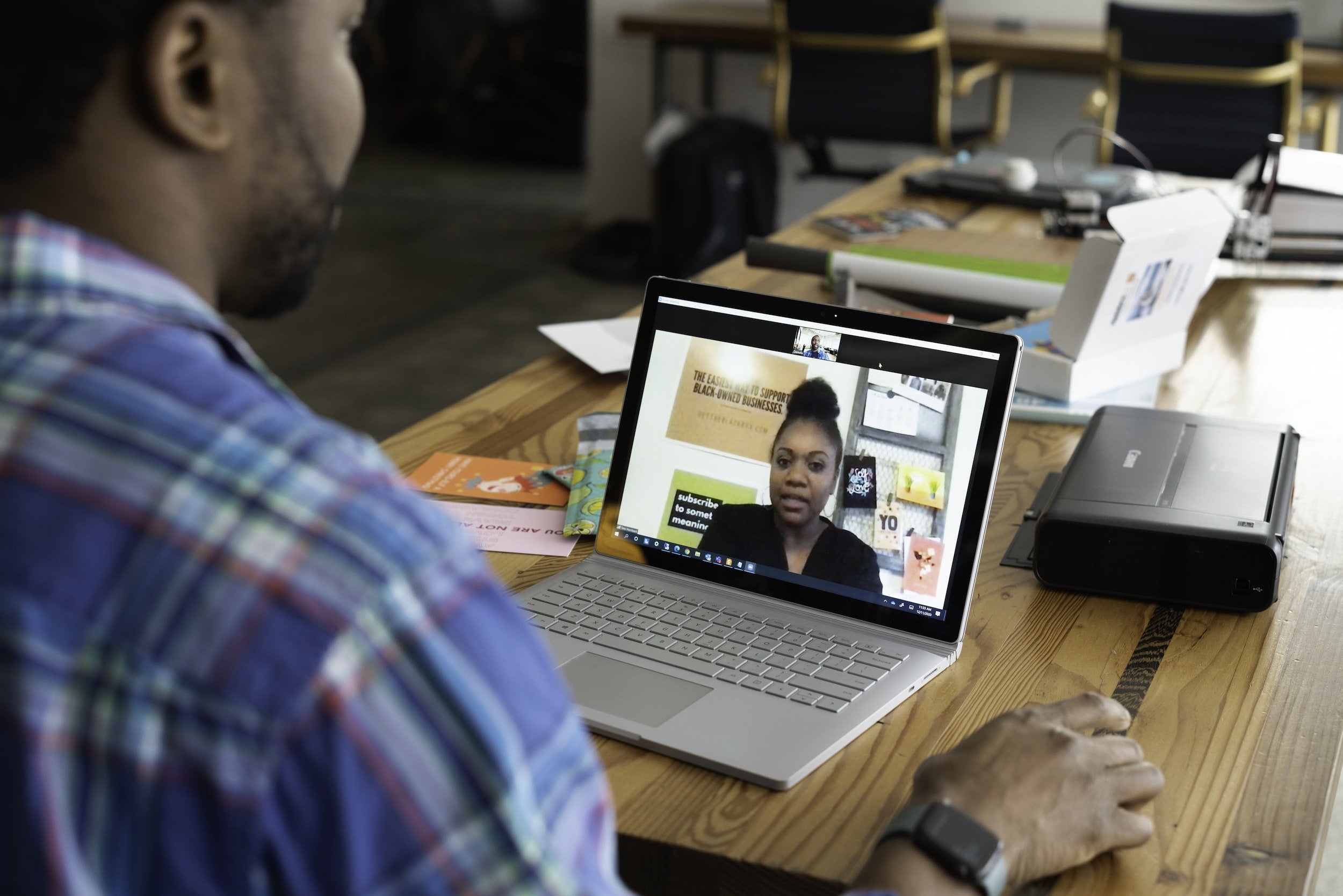By Stephanie Busto, Inside Recruiter Blog Contributor
Sharon Hung has been a Resume Consultant at Inside Recruiter since 2019 and has a professional background in technical recruiting. In this interview, she gives insight into her consultation approach and shares expert advice on how to update your professional skill set.
This conversation has been edited and condensed for length and clarity.
Question:
What would you say makes an effective recruiter?
It’s really important for a recruiter to possess effective relationship-building and communication skills. You have to be able to build long-term relationships where you can talk to a client like they’re a person, not a product.
Maybe they’re not interested in a role that you have right now, but if you’re able to maintain a good relationship, you can keep this client in your network, and perhaps one day, you can place them in a role that’s a better fit.
Question:
What are the benefits of a professionally written resume?
You save yourself a ton of stress and time. If you don’t want to be spending several days stressed and unsure of what information to put on your resume or how to format it, the stress you save is worth the money that you’ll spend on a professional writer.
A regular resume writer might be able to write really well, but they don’t come from that recruitment background. They don’t know the keyword aspect, formatting, and the type of content to put on your resume.
If you’re hiring a writer, make sure to hire one that’s been a recruiter, hiring manager, or HR person in the past. They can actually write you a resume with that insider knowledge and make sure your resume passes through all the screening stages. A proper resume writer can also act as an advisor in terms of career moves and career switches as well.
Question:
What expectations do your clients usually arrive with? How do you personally try to meet those expectations?
Every client is different. Some clients will come to me saying, “I want a resume built for this one specific skill set.” It’s generally easier when the client knows what they want to aim for, what their next move is, and what they have a background for.
It gets trickier when a client wants to transition industries. With those conversations, it’s a lot of revising, giving them my knowledge of the industry, and if that transition is actually feasible or not. If it is feasible, how are we going to express that on the resume?
Sometimes people may be struggling with job searches and applications. That can lead to insecurities, especially if they’ve had a lot of unsuccessful experiences. I reassure them like, “This probably is not a direct reflection of you as a professional. But maybe you just don’t have an optimized resume or a properly customized resume for this role, and that’s why you’re not getting the attention that you’re expecting.”
Question:
There was a review for your services on the Inside Recruiter Yelp page that said “You took my work ramblings and turned them into a masterpiece.” Can you tell me a little bit more about your process and what kind of attitude you try to approach each resume with?
The attitude for me is, first of all, to keep an open mind. A lot of people don’t know the ins and outs of recruitment and resumes. I just try to keep an open mind to see what the client’s feelings and preconceptions are first.
When it gets to the consultation stage, I break it into 3 parts. The first part is setting expectations, letting them know my experience, and what I’m going to be helping them with. You kind of need that collaboration to really understand the strategy behind what I’m doing.
Next, I gather information about the client. I have them walk me through their professional experience, what exactly they’re looking for, and try to understand what they might be having issues with. It’s also important to ask about their current situation: Are you actively applying to jobs? Or do you want a resume that’s ready to go when you’re ready to apply for jobs? If you are currently applying for jobs, what’s your current success rate? What roadblocks have you been seeing?
The next step is to devise a strategy with the client in terms of what work experiences are to be displayed, what types of accomplishments we’re going to be talking about, and how we’re going to phrase the bullet points. I make sure they’re actively involved, so they know exactly what’s going to be in the final product.
I also walk them through applicant tracking systems (ATS). That is a huge component of hiring these days. A lot of people don’t know about these systems or know what they do, so I walk them through how they work, how recruiters use them, and how that plays into their resumes. I talk about how I’m going to optimize their resume with formatting, keywords, and make sure they’re feeling comfortable with their new resume.
Question:
What would you say are other common misconceptions around job searches?
One that I’ve heard a lot is that people think ATS are completely automated now and are filtering everything, that if you didn’t have all the keywords, your resume will just be scrapped and no human will get to review it.
This is untrue, because although there are automation features in a lot of the newer systems, they aren’t that good. Recruiters who know what they’re doing won’t rely on the automated features because they end up being quite simple. If a recruiter is managing a job posting, the AI will suggest resumes that their system thinks are good fits for the role based on keyword matches. Usually, recruiters still run manual searches, and that’s really the most important part.
Some people will also think that, because of the keyword matches, they should put as many skills and qualifications into their resume to capture the system. If a job posting is asking for somebody that has good problem-solving skills, people will end up with a resume that ends up talking a lot about their soft skills, which is actually something that is never searched for in a resume. Those are assessed in the interview setting.
Another misconception is that a resume is a document that showcases your previous responsibilities. From a recruiter or manager’s perspective, though, the focus is mostly on the core projects that you did. How large was this project in terms of size? How many resources? And more importantly, they care about the outcome of the project. You can write about how you managed a project, but was it successful? Was it actually delivered?
A lot of my work in the consultation is getting my clients to start thinking about their actual involvement and impact through the organization that they work for. People come back to me and are like, “Wow, I’ve actually never thought about this. I’ve done a lot more than I thought.” That’s always a feel-good moment for me, when people come back to me and say, “Thank you for giving me more confidence in myself by helping me think of these things.”
Question:
What advice would you give to someone who is job searching in the middle of the pandemic?
The advice would really depend on that person, their experience, their skillset. From what I’ve seen lately, the job market has actually gotten a lot better. Because companies laid off a ton of people last year, I’m seeing a current surge in hiring across all industries.
For someone that might be struggling with a job search around this pandemic situation, I’d say we need to assess your skill set first and what the demand is on the market. If you have an outdated skill set, regardless of how good your resume is, your chances of getting a job or an interview is significantly lower compared to someone who has an in-demand skill set. I would say start upskilling if you have the resources. Go back to school, maybe sign up for a boot camp or a learning course, and target industries that have a ton of jobs right now, like technology and healthcare. Find something that you’re mildly interested in and I think your job prospects will open up significantly.
Another piece of advice I would give in general is, even if you’re not actively looking for a job but you think you might within the next year or six months, get ahead of creating your resume because it does take time. I’ve seen a lot of situations where a client would need a resume shortly and there’s no available writers, so they end up missing the deadline for that job opening. Just be prepared and get it done when you’re not in a rush. That way, when you see the perfect opportunity, you don’t want to be in a situation where you don’t have a resume to apply for it.







